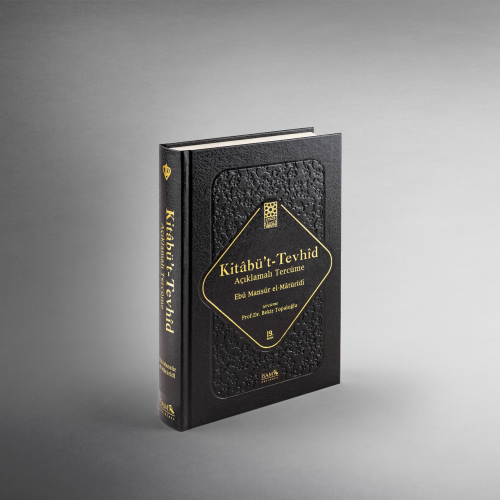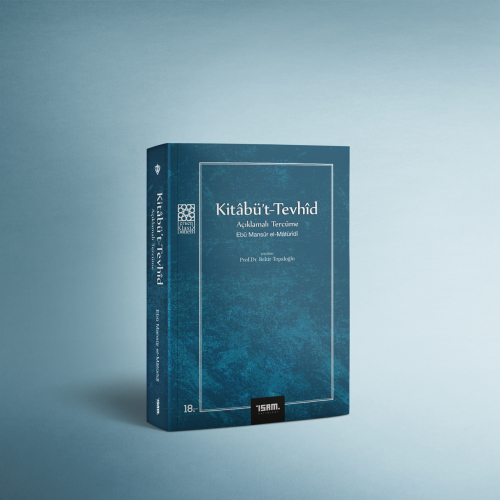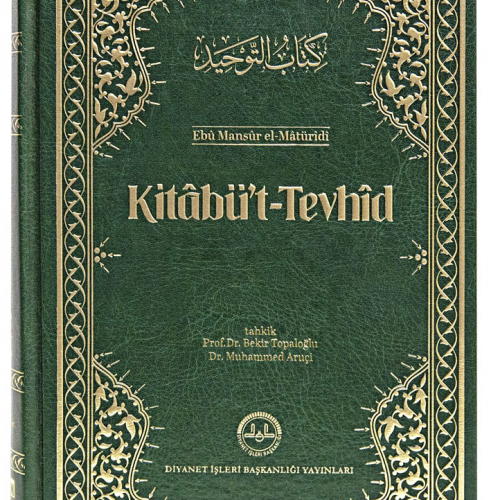Kitâbü’t-Tevhîd Açıklamalı Tercüme
Abū Manṣūr al-Maturīdī (d. 333/944) was a Muslim theologian who was born in Māṭurid district of the city of Samarkand which was within the borders of contemporary Uzbekistan and died in the same district. He was probably a scholar of Turkish origin.
The region where al-Maturīdī lived had been under the Abbasid rule at first, but later in the period of Mutawakkil Alallah came under the rule of Samanids. In that period, a fertile ground for raising competent scholars was introduced by the hands of the state. Imam al-Maturīdī got his education and produced works in such a prolific environment.
Al-Maturīdī was a great Muslim scholar who, together with Abū al-Ḥasan al-‘Ash‘arī, systemized the theological principles of Sunnite School, advocated the understanding of the Prophet and his Companions regarding fundamental Islamic issues and tried to establish them among Muslims, and fought against extreme views of Mutazilites, Shiites, and other similar sects. Due to their moderate attitudes in the relationship between reason and revelation, these two scholars, i.e. al-Maturīdī and al-‘Ash‘arī, were attracted attention and accepted by wide range of masses.
Maturidiyya School which was established after the name of Imam al-Maturīdī and in line with Abū Ḥanifa’s understanding is a theological school that has managed to gather half of the Muslim population around it. Al-Maturīdī’s Kitāb al-Tawḥīd is one of the fundamental books of this school. Despite this fact, it is not possible to say that Kitāb al-Tawḥīd is adequately known in scholarly circles especially among the adherents of Maturidiyya School.
Click here to buy.


